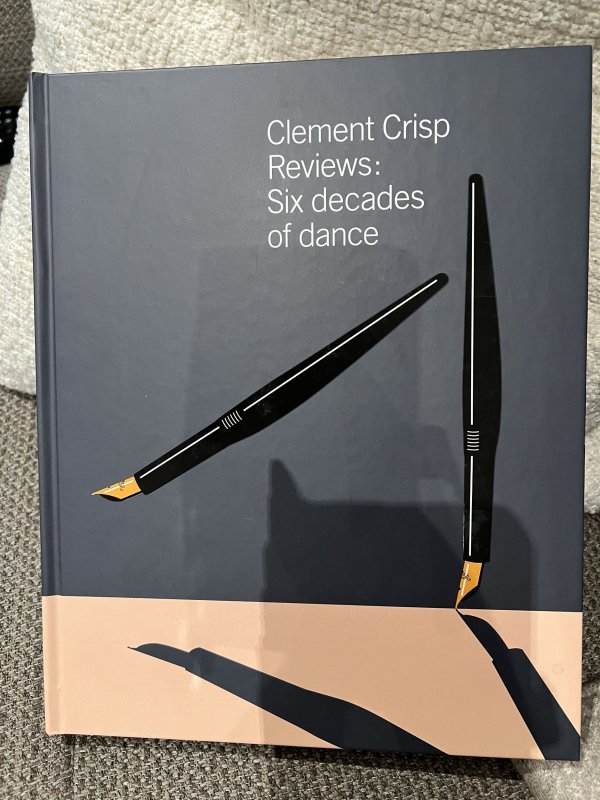My wife and I mostly go to ballet and dance. First you have the quality of the choreography, then the technical and artistic skills (which are quite different) of the dancers. We try and avoid reviews because they can induce bias. Last Saturday was the opening night of the Royal Ballet season, so no reviews, we got served Alice in Wonderland, a 3-act ballet from about 10 years ago. Our conclusion was that it would have been great if they scrapped the 2nd act completely. The corps de ballet, for whom the 2nd act was largely contrived, were technically well below their usual impeccable standard. This happens at the start of the season as they are often not match fit. So when the reviews came out, one said the 2nd act should be scrapped, another said it was their favourite part of the whole thing.
Lesson One There's no accounting for taste.
Last year we saw New York City Ballet, a top US company, with some very good dancers. They had massive hype in the press. At the interval the gentleman next me was commenting on how good they were, especially one of the stars, I think it was Megan Fairchild. I said I thought she was terrible, she looked like she had a stomach muscle injury, she could barely jump and hold her position. My wife had gone outside and found her leaning against a wall, throwing up. She actually apologised on twitter after the show, saying she had food poisoning and probably should not have performed.
Lesson Two Some people just can't blank out the hype, and will believe it, come what may, even if demonstrably false
My wife was a ballet and contemporary dancer, in Europe and the USA, so she can spot every technical aspect of dance. I've no training, but I've been to maybe 2,000 shows, so I have a pretty good idea about what's good or bad and when things are or are not working or go wrong. I don't need to read critics and I can tell their favouritism or bias.
Lesson Three If you're an amateur, how ever much experience you have, you're still an amateur. It will never make up for technical, professional knowledge.









